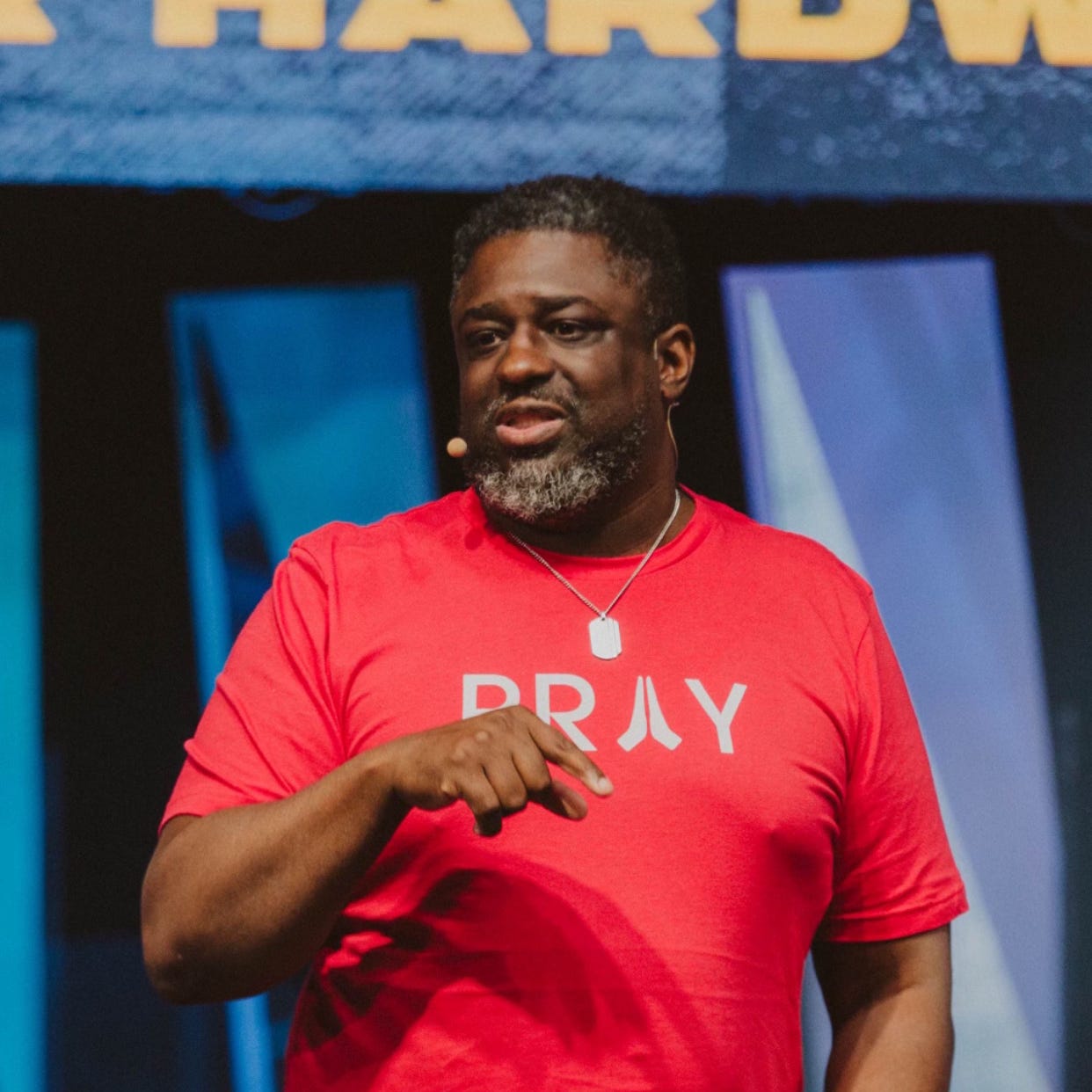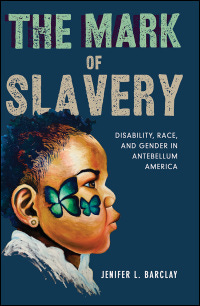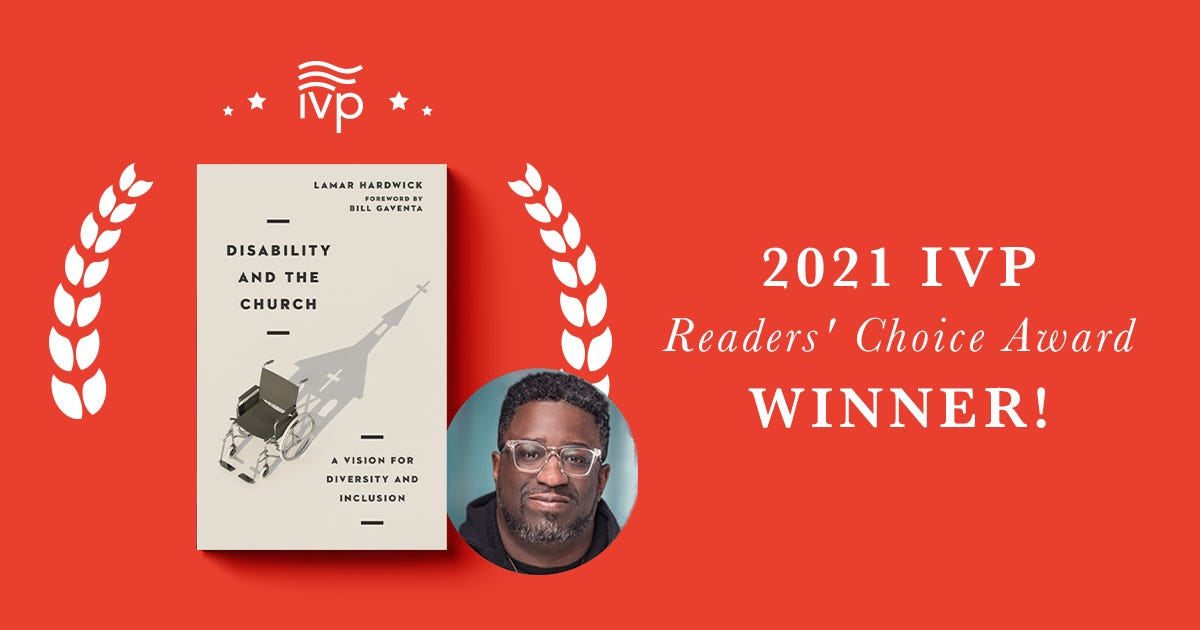Over the last few weeks, I introduced you to a book that I’ve been reading that has aided me in my research on the intersection of disability and race. Be sure to check out last week’s newsletter. Today’s content will wrap up the information previously shared as well as provide an analysis of the text we’ve been reviewing.
Here’s the link to the book.
The Mark of Slavery: Disability, Race, And Gender in Antebellum America.
Who was George Fitzhugh?
George Fitzhugh was born in Prince William County in the state of Virginia in 1806. Raised in King George County, Fitzhugh would graduate high school and eventually go on to study law and get married and begin practicing in Caroling County, VA. Fitzhugh has historically been known as a fierce and articulate defender of slavery. Prior to the American Civil War, Fitzhugh managed to build a prominent platform for sharing his ideas and promoting his position on the benefits of racial slavery, particularly in the south. He also worked in Washington D.C. briefly and for the Confederate Treasury in Richmond Virginia. Following the war, Fitzhugh worked for the Freedman’s Bureau.
Fitzhugh argued for the benefits of slavery despite racial identity, however, he is most known for his strident defense of racial slavery based on the belief that those of African descent were morally inferior and effectively disabled as a race. In addition to his defense of slavery, Fitzhugh believed that slaveholders and the institutions of the south were morally superior to those in the north. They purported freedom for the enslaved because they believed that slavery provided a sense of protection and charity for the morally inferior race. This was in contrast to the harsh conditions of factory work and the harshness of morally inept Blacks being left to their own defense because of being allowed to live independently of White supervision.
As a pro-slavery speaker and author, Fitzhugh is best known for two books: Sociology for the South: or Failure of Free Society, written in 1854, and Cannibals All! or Slaves without Masters written in 1857. He traveled widely promoting his work, including spending time in the North where he occasionally debated abolitionists about the merits, morality, and benefits of racial slavery (Schermerhorn and the Dictionary of Virginia Biography). In her book The Mark of Slavery: Disability, Race, and Gender in Antebellum America, Dr. Jennifer L. Barclay writes, “The late 1830s marked the emergence of the ‘positive good’ thesis, popularized by Senator John C. Calhoun, who embraced the notion that racial slavery was a benevolent act and not a ‘necessary evil’” (Barclay 97). George Fitzhugh’s Cannibals All! or Slave without Masters built on Calhoun’s ideas and helped to popularize what is now known as the “positive good” argument, a staple in proslavery rhetoric. The opening chapter of the book is entitled “The Universal Trade.” Excerpts from chapter one of Fitzhugh’s book will serve as the text for analysis.
Analysis
Cannibals All! of Slave without Masters has as its target audience those who were actively opposing the institution of racial slavery, which at the time of its publication, consisted primarily of those who lived in the North. Written just four years prior to the civil war, the author’s aim was to influence the language and the landscape surrounding the discussion of racial slavery in the United States. The author, Fitzhugh, has firmly planted himself inside the ideology of racial slavery as a benefit for all parties involved including abolitionists and the enslaved.
Fitzhugh is obviously pro-slavery. His writing is in no way nuanced when it comes to this issue. The structure of his argument is heavily dependent upon his use of ethics and morality-- what he believes to be the correct use of ethics in the context of a country divided by the issue of racial slavery. Fitzhugh is a lawyer by training and his engagement in the discussion of racial slavery and its benefits often reads like it was written by an experienced defense attorney. The thesis of the first chapter of his book, and perhaps even the entire manuscript, is summed up in one succinct sentence: “We are all, North and South, engaged in the White Slave Trade, and he who succeeds is esteemed most respectable” (Fitzhugh, ch. 1). In Fitzhugh’s eyes, the real argument was not about the morality of slavery but rather the method of slavery. He believed that both the North and the South exploited enslaved Africans for labor, but the real test of morality was the ways in which owners carefully cared for their workforce.
Fitzhugh’s first rhetorical move is subtle yet somewhat effective. As a lawyer, his use of language in shaping his opening arguments for the benefits of racial slavery is a calculated move. According to Selzer, Aristotle defined this style as one of the most common and vital tools in the rhetoric of ancient Athens. Fitzhugh’s style, also known as forensic rhetoric, is “characteristic of courtrooms, involved of questions of guilt or innocence...” (Selzer 283).
Throughout the first chapter of his book, Fitzhugh establishes his position by reassigning the meaning of commonly used words and phrases in an attempt to create a stronger ethical and practical foundation for his work. Because his primary audience is northern abolitionists, Fitzhugh cleverly begins his argument by associating the North with the terms such as slavery, freedom, and capitalism albeit in ways that he will come to redefine in the chapter.
Fitzhugh’s thesis is that both the South and the North are participating in the institution of slavery. In a move to establish more credibility, he draws the audience into his worldview by first making the Northern reader an accomplice to the practice of slavery. If indeed those who believe themselves to be morally superior to the Southern pro-slavery advocates are complicit in slavery or at the very least, inhumane acts against their own workers, then Fitzhugh is correct in his assertion that the issue is not about the criminality of slavery, but rather the focus must be on the conditions of slavery. The real argument for Fitzhugh is debating whose system of “slavery” is most ethical, most moral, and most humane.
This brings us to Fitzhugh’s use of the word slavery. Fitzhugh is leveling the moral playing field by redefining slavery. According to Fitzhugh, slavery is defined by either it being a “White Slave Trade,” which he attributes to the free labor practices of the North or a “Black Slave Trade” which is more readily attributed to the North Atlantic slave trade of Africans being imported and enslaved into the United States. Fitzhugh is not concerned with questions of what is legal in terms of owing people. The Black Slave Trade is but another means of labor and production. He does not shy away from using the word slavery to describe the institution that is the economic engine of the south. He does however find it necessary to use the same loaded term to describe the economic engine that organizes life in the North. Again, if both can be defined as slavery, then the contest for establishing the moral high ground resides in the conditions of labor.
Eventually, Fitzhugh arrives at his overarching indictment on the free laborer practices of the abolitionist Northerners. In Fitzhugh’s assessment, the Black Slave Trade is morally superior to the White Slave Trade because it provides its workers with clothing, housing, food, and caring supervision that extends beyond their traditional labor hours. The slaves of the south, receive something from their masters, which for Fitzhugh is a labor of the masters that benefit the slaves. In stark contrast, Fitzhugh asserts that the “slaves” of the North work in factories and are merely cogs in an economic system that does not require the masters to have any concern for the well-being of the laborers after their day of labor is completed. He writes, “They who work for you, who create your income, are slaves, without the rights of slaves. Slaves without a master! Whilst you were engaged in amassing your capital, in seeking to become independent, you were in the White Slave Trade” (Fitzhugh, Ch. 1)
In essence, Fitzhugh believes the White Slave Trade of the North has created a system of slavery that has left its slave without masters.
Here we see Fitzhugh continue his argument for the Black Slave Trade being the most morally and ethically superior form of American slavery. In addition, Fitzhugh, as a method for furthering his assertion of practicing an ethical form of slavery, attempts to appeal to the reader’s emotional intelligence (pathos) through a form of empirical evidence. He writes, “The Negro Slaves of the South are the happiest, and in some sense, the freest people in the world. The children and the aged and infirm work not at all, and yet have all the comforts and necessaries of life provided for them” (Fitzhugh, ch. 1). Strategically using words like happy, free, and comfort, are Fitzhugh’s attempt at pointing to the overall social benefits of the southern version of racial slavery. While the families of the south receive the benefits of slavery, the slaves of the North receive nothing in return from their masters. No healthcare, no food allowance, no employee benefits package.
Finally, Fitzhugh also makes claims of moral superiority by claiming that unlike the Southern ethical form of slavery, the Northerners are cruel capitalists who not only seek their own economic benefit from their laborers but also seem to lack the intelligence to understand the proper way to engage in capitalist venture. Because southern slaves receive “benefits” from their masters as a condition of their labor agreement, the masters are providing them with a larger share of the profits than their counterparts in the Northern system of White slavery. In addition to this, the system of the North is limited because the capital gained from the labor force is not owned, thereby placing a ceiling on the profitability of the business. “Your capital will not bring you an income of a cent, nor supply one of your wants without labor. Labor is indispensable to give value to property, and if you owned everything else and did not own labor, you would be poor” (Fitzhugh, ch. 1) For Fitzhugh, ethics is a concern, but his argument for moral and ethical superiority also leads to economic success. In many ways, he is building a case that contends that the Northern slave system ceases to prosper because of the lack of moral and ethical standards in how it handles labor practices. For him, not only is the Northern slave trade unethical, but it is also bad economic practice that becomes a drain on society as a whole.
Intervention
While the analysis for this text should be placed within the larger context of Fitzhugh’s entire book, chapter one of his work provides an adequate sample of his ideology and the foundation for his defense of racial slavery in the South as the country is heading into a potential war in the next few years. Fitzhugh is well trained, well educated, and a master rhetorician. It is easy to see Cannibals All! or Slaves without Masters became a seminal work in expanding the positive good theory of slavery. For the pro-slavery advocates, his work became a text that shifted the conversation about slavery towards one that was much more persuasive and far more difficult to debate at the time.
Fitzhugh places his words and his work against the backdrop of a moral, ethical, and religious background as a means to establish his own personal credibility and expertise, as well as credibility for his beliefs. The challenge however is that in entering into the conversation of racial slavery as something that can be morally defended, he was forced to use already existing language that is associated with moral, ethical, and religious convictions that have meaning that cannot easily be redefined.
Redefining terms such as freedom, comfort, happiness, and slavery, suggests that objectivity is not obtainable, particularly as it relates to the debate about slavery. What Fitzhugh is attempting to do is to persuade people that slavery is morally ambiguous. The institution is neither good nor bad it is the owners or employers that are either moral or immoral. If Fitzhugh’s logic is applied, then there is no way to determine the absolute truth of the immorality of owning humans as property. On the contrary, if there is no absolute truth, and terms associated with something as unethical as slavery can be changed to support unethical behavior, then Fitzhugh’s position cannot be taken seriously, at least not as an ethical or moral issue. If the word freedom, for example, is not objectively defined and can be attributed to the experience of slavery, then there is no actual definition for freedom. Fitzhugh is attempting to use this as a rhetorical device; however, he is not successful in his attempt. He cannot deny that he is free, which means that he cannot use that term to describe the lives of those who are not.
In addition, Fitzhugh, who is using the forensic technique, fails to provide enough evidence to substantiate his claim that Southern slavery is more humane or morally superior. He strategically eliminates the subjects of the conversation--southern slaves. His claims of happiness, freedom, charity and benefits cannot be measured, let alone assessed by one who is not in fact a laborer in the Southern slavery system. If the basis of his argument is that it is more moral, then certain the moral approach to his argument should be the ability to objectively measure his claims. Unfortunately, those who are participants in Southern slavery are not free enough to assess the conditions of their labor for themselves.
In closing, Fitzhugh’s entire argument for moral superiority is done by attempting to make false equivalencies between slave labor in the South and employment in the North. The very nature of his argument is unethical, which should disqualify his attempts to position himself and his argument as a moral one. While he clearly is convinced of his position, his methods of persuading his readers only expose the type of immoral and unethical mindset one must have to come to such conclusions in the first place.
Order your copy of my award-winning book Disability and The Church






